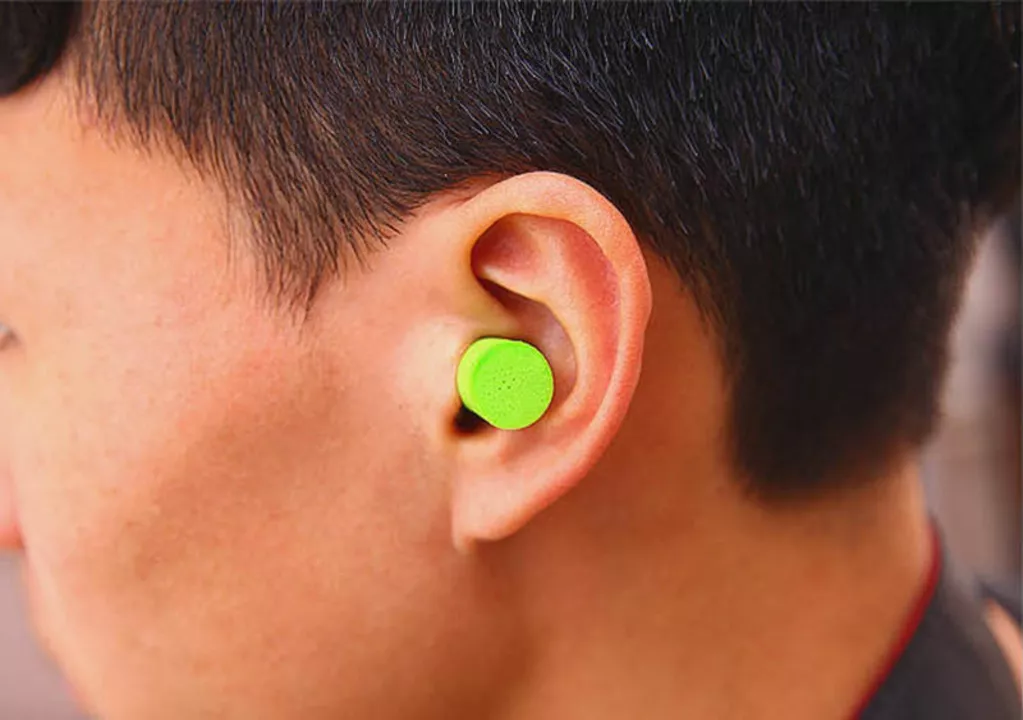Loud environments: how to protect your hearing and stay comfortable
Noise is invisible, but its damage isn’t. If you spend time at concerts, construction sites, busy restaurants, or even loud home workshops, you can slowly wear down your hearing. The good news: a few simple moves cut risk a lot.
Know the safe limits
Sound level matters. At 85 dB (typical city traffic) you can safely be exposed for about 8 hours. Go up by 3 dB and your safe time halves: 88 dB = 4 hours, 91 dB = 2 hours, 94 dB = 1 hour, 100 dB = 15 minutes. Use a free sound meter app or a small handheld meter if you’re often around loud noise. It’s an easy way to spot danger before symptoms show up.
If you notice ringing (tinnitus), muffled hearing after noise, or need to turn up the volume, treat that as a warning. Don’t wait for permanent loss to seek help. Book an audiology check if problems continue for more than a day after exposure.
Practical protection you can use today
Earplugs: cheap foam plugs work well for single use and fit most ears. Look for an NRR (noise reduction rating) listed on the pack—common foam plugs sit around NRR 29 dB. For repeated use, choose reusable silicone plugs and clean them regularly.
Earmuffs: good for construction or lawn work. Combined use—earmuffs plus earplugs—adds extra protection when noise is extreme. For music lovers, buy musician’s earplugs that lower volume evenly so music still sounds clear.
Smart habits: move away from the loudest spot (behind speakers at a gig), take 15-minute quiet breaks every hour, and limit total exposure time. At work, ask about a hearing protection policy and regular noise measurements.
Kids and noisy places: children’s ear protection matters. Use properly sized earmuffs for kids at fairs, sports events, or loud family gatherings. Earplugs often don’t fit kids well, so pick child-specific gear and supervise their use.
Sleep and daily life: if traffic or neighbors keep you up, try foam plugs, a white-noise machine, or noise-cancelling headphones (not for loud music while commuting). Replace foam plugs every few uses and wash reusable plugs with mild soap.
Tinnitus and long-term care: if you get persistent ringing, sudden hearing changes, or balance issues after noise exposure, see a doctor or audiologist. They’ll check for damage and suggest a plan—hearing aids, sound therapy, or behavioral coping strategies when needed.
Small changes make a big difference. Keep ear protection handy, check sound levels, and give your ears quiet time. Your future self will thank you.
The Importance of Hearing Protection in Loud Environments
As a frequent concert-goer, I cannot stress enough the importance of hearing protection in loud environments. I've personally experienced the negative effects of not using earplugs, such as ringing in my ears and temporary hearing loss. I've learned that prolonged exposure to high-decibel sounds can lead to irreversible damage to our ears. Now, I always make sure to carry a pair of earplugs with me to protect my hearing in noisy settings. Remember, it's better to be safe than sorry when it comes to our hearing health!





